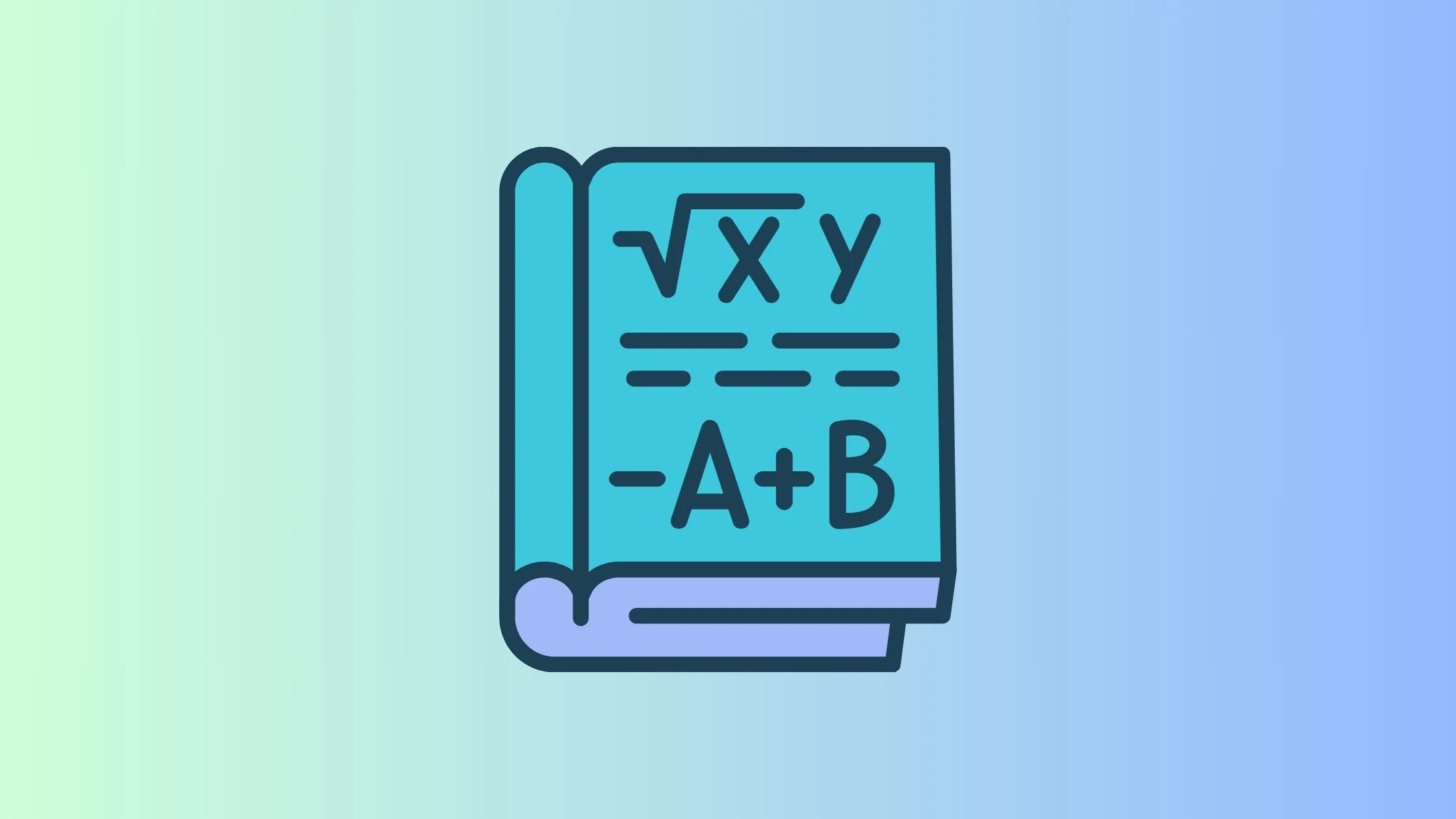below are some commonly asked interview questions along with answers focused on Python arithmetic operators.
Question 1: What are the basic arithmetic operators in Python?
Answer:
In Python, the basic arithmetic operators are:
- Addition
+ - Subtraction
- - Multiplication
* - Division
/ - Modulus
% - Exponentiation
** - Floor Division
//
Question 2: How do you perform integer division in Python?
Answer:
To perform integer division in Python, you can use the floor division operator //. This will round down the result to the nearest integer.
result = 10 // 3 # Output will be 3Question 3: What is the difference between / and //?
Answer:
The / operator performs floating-point division, returning a float as the output. The // operator performs integer division, rounding down the result to the nearest integer.
result1 = 10 / 3 # Output: 3.3333
result2 = 10 // 3 # Output: 3Question 4: What does the modulus operator % do?
Answer:
The modulus operator % returns the remainder of the division of the first operand by the second operand.
remainder = 10 % 3 # Output: 1Question 5: What is the use of the exponentiation operator **?
Answer:
The exponentiation operator ** raises the number to the power of the exponent specified.
result = 2 ** 3 # Output: 8Question 6: How do you perform multiple arithmetic operations in a single expression?
Answer:
You can chain multiple arithmetic operations in a single expression, and Python will follow the order of operations (PEMDAS/BODMAS) to evaluate the expression.
result = (2 + 3) * 4 / 2 # Output: 10.0Question 7: Can you use arithmetic operators with data types other than numbers?
Answer:
Yes, some arithmetic operators can work with other data types. For example, the + operator can concatenate strings and the * operator can repeat a string.
text = "Hello " + "World" # Output: "Hello World"
repeat = "Hi " * 3 # Output: "Hi Hi Hi "


